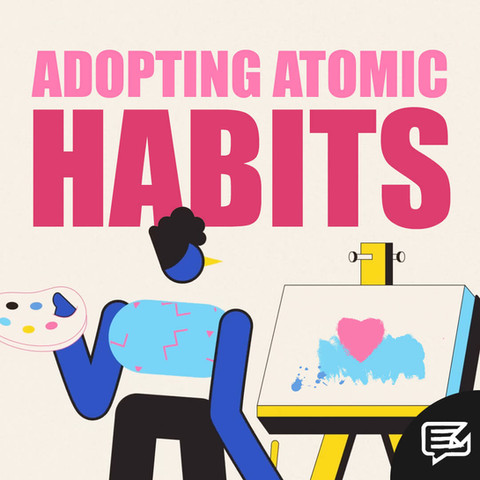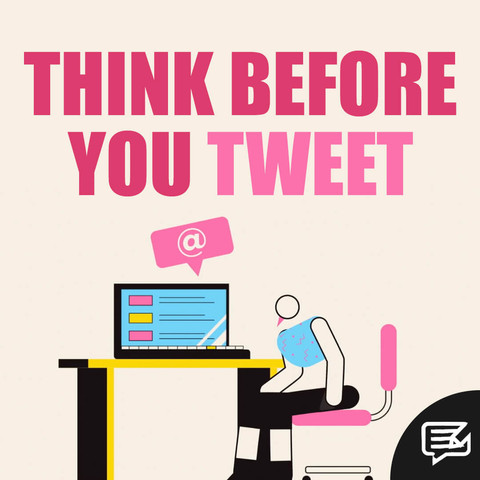
22.08.20
POST-LOCKDOWN LEISURE
Unprecedented. Uncertain times. The “new normal”. These phrases have seemingly been played on a loop since the COVID-19 pandemic took hold. Interestingly, the word “new” in this context is far from a good thing.
We’re accustomed to “new” meaning a shiny set of wheels, an upgraded iPhone or the latest movie in a franchise. New is fresh, untainted and highly desirable. But the “new normal”? No. Thank. You.



You’d be hard pressed to find a single person who doesn’t crave to return to the way things were. When you could freely meet up with friends and family, attend weddings, jet off on holiday, dine out at local eateries, take the kids bowling… even the weekly supermarket shop. We thought nothing of it at the time. Now it’s all we can think about.
The harsh reality is that it’s going to take a lot of hard work, innovation and patience to return to any semblance of that old life. Thankfully, work is already well underway to help us get there.
Take Crowdless, for example. It’s a new app developed by alumni students to show how crowded a supermarket is, allowing you to choose the optimal time to visit. It’s completely free and purports to have global coverage. No doubt it’s particularly useful for the vulnerable or “at risk” thanks to the real-time information it provides.
In late May, Google also got in on the act by launching Sodar – a free Android app that uses Augmented Reality to visualise social distancing guidelines around you. Prior to the pandemic, you’d think it was a given that adults would know how far two metres is. Apparently not. A visit to your local Tesco will categorically prove that’s not the case. And despite the efforts of Stephen Merchant and Richard Osman to educate the public, there was still clearly a use case for a smartphone-based solution.
To protect those who have already left home, Aldi introduced a traffic light system. Aldi’s automatic doors will only open when the lights are green, allowing them to control the number of customers in the store at any one time (based on the size of the shop and current social distancing requirements). Following a successful trial period, the system was rolled out nationwide to their 874 UK stores.
The benefits are clear to see – it removes the need for a member of staff to make a judgment call, and promotes safer shopping at the same time. What’s more, Aldi plans to upgrade the system with audio and visual prompts for the hearing and sight impaired. A prime example of a retailer taking their responsibility and duty of care seriously.
Apps and traffic lights aside, there have been a few examples of innovations in recent months that would have been considered downright bonkers a year ago.
Scottish craft beer company BrewDog have built their reputation on wacky and, for the most part, controversial PR stunts. From packaging ale in the bodies of dead animals to launching the tamer – but sublimely-timed – Barnard Castle Eye Test IPA, they’re not a company afraid to take risks.
It comes as no surprise, then, that the bods at BrewDog are seriously entertaining the idea of drone delivery. In July, they used drones to make socially distanced beer deliveries to various locations on their 42-acre Columbus campus, and are hoping to roll-out a similar initiative as the next phase of their BrewDog Now offering in the UK.
Talking of out-of-the-box ideas, one California gym took the opposite approach. South Bay Fitness in Redondo Beach reopened in June with nine individual “pods”, measuring six feet wide by 10 feet tall. Made from shower curtains and pipes, each pod comes equipped with dumbbells and a bench. Whilst I admire the owner’s ingenuity, I can’t envisage these plastic pods make for a pleasurable experience but each to their own!
Thankfully - for smaller businesses and charities in particular - not all reactive measures require a significant outlay. Launching apps, installing crowd-control systems and purchasing flying machines is all well and good, but in these times of limited resources, a good old-fashioned common sense approach can work wonders.
ZSL Whipsnade Zoo in Bedfordshire have painted paw prints on the floor and increased signage to promote social distancing. Africa Alive in Suffolk and Banham Zoo in Norfolk are taking similar measures to ensure customers can enjoy a safe visit. According to the BBC, they will operate a one-way system and limit the number of families allowed on the premises at one time. Indoor eating has also been restricted.
The National Trust are achieving similar results by offering advance booking via their website, with more than 135 gardens and parklands now open again. What’s more, they are conducting a trial with a small number of their stately homes.
"We’ve opened seven houses as part of a test pilot. It’s the start of a careful and steady plan to reopen houses over the coming weeks and months. We’ve started with a small number to make sure we can do it right as every house is unique and has its own set of challenges…Visits to the houses will be limited to ensure safe, social distancing."
There’s no doubt that the coming months ahead will be challenging in all aspects of life. For now, though, it’s reassuring to see leisure and retail businesses – old and new, big and small – taking their first tentative steps towards embracing the new normal in such innovative and inspiring ways.

























































